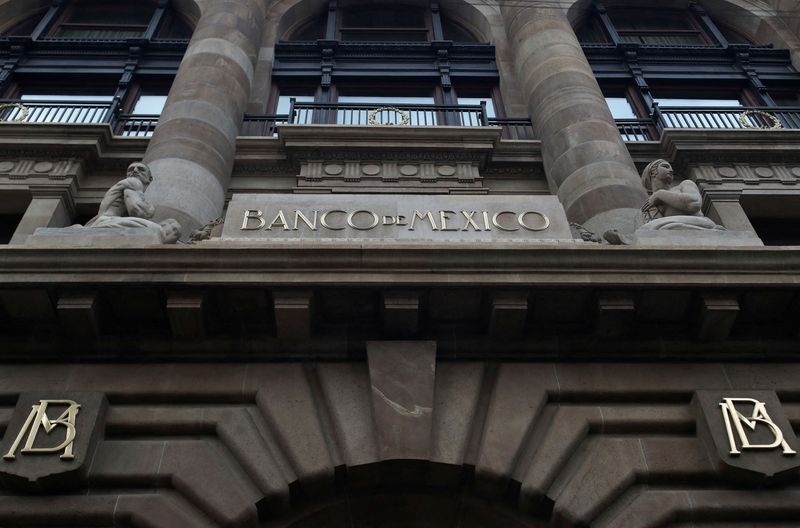Fed’s Hammack sees no need to hike rates to lower inflation at this time
NeutralFinancial Markets

Fed’s Hammack sees no need to hike rates to lower inflation at this time
Federal Reserve official Michelle Hammack has stated that there is currently no need to raise interest rates to combat inflation. This perspective is significant as it suggests a more cautious approach to monetary policy, potentially indicating that the economy is stabilizing. By not increasing rates, the Fed aims to support ongoing economic growth while monitoring inflation trends closely.
— via World Pulse Now AI Editorial System







